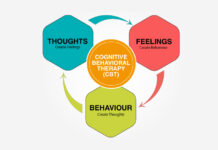
A recent study found that there is an association between common movements like jumping, running and walking at 18 months and stronger bones as an adolescent. The idea is that the stress of constant movement on the bone cause them to react by becoming wider and thicker and, therefore, stronger than in children who may not be moving as much. These children also had bigger muscles, which is attributed to greater physical activity.
In the current study, the researchers found that half of the differences in bone strength at 17-year-old associated with movement could be explained by different muscle sizes. Being more active makes muscles stronger, which can apply bigger forces to the bones as consistent movement is made, ultimately strengthening our bones as we get older.










